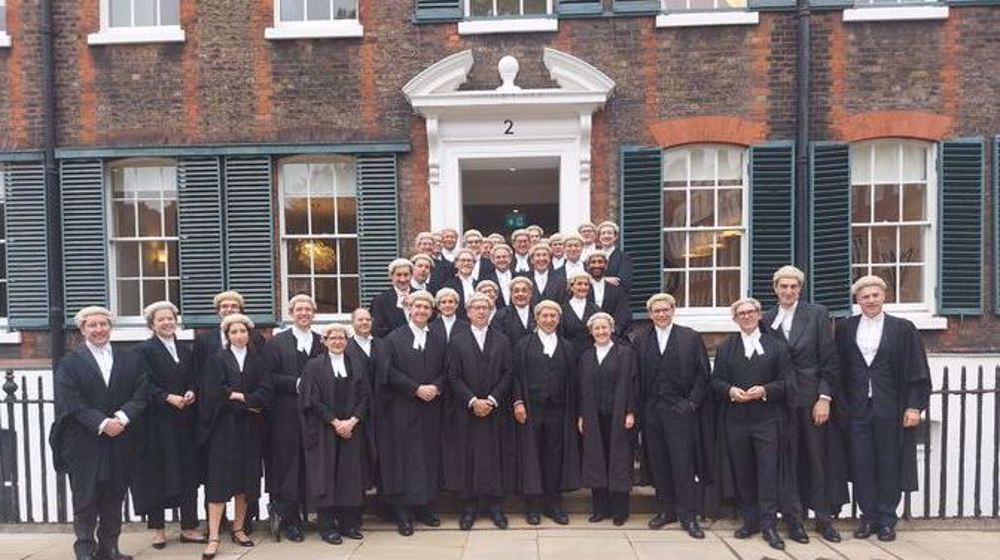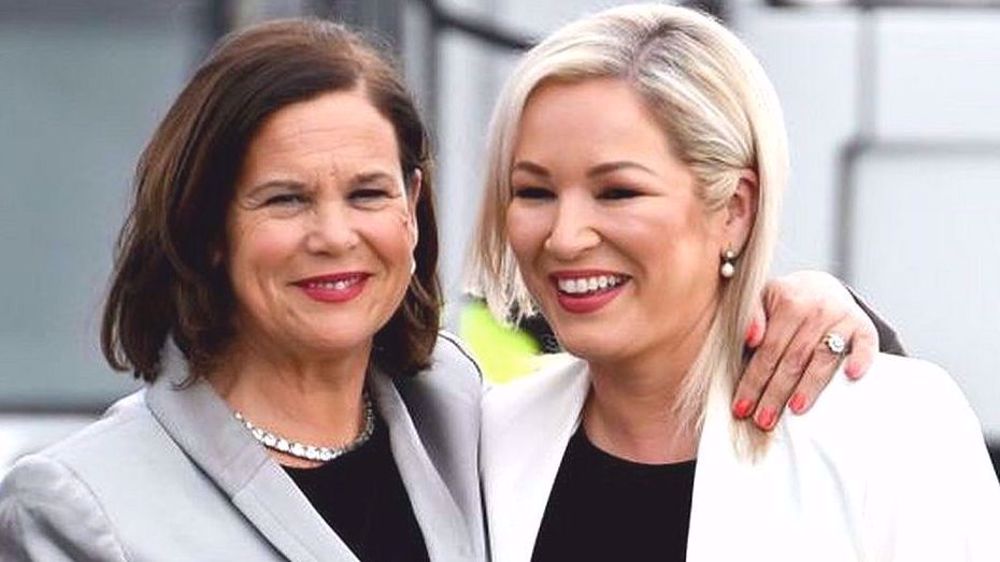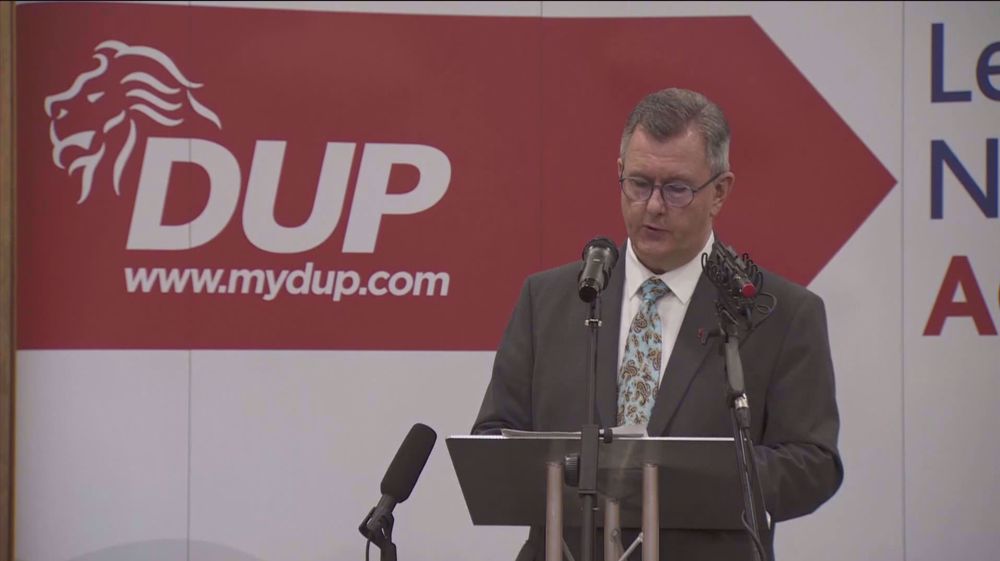Northern Ireland’s Sinn Fein celebrates historic first victory
Irish nationalists Sinn Fein are celebrating a historic first victory in the Northern Ireland Assembly elections, commonly known as Stormont, but the Democratic Unionist Party (DUP), which dropped into second place, has warned it will block the formation of a new power-sharing executive until major changes to the Northern Ireland Protocol.
Although the final results of the Thursday elections, using a system of proportional representation, are expected to be released later in the weekend, members of Sinn Fein on Saturday were celebrating their victory after the party received the most first-preference votes.
With counting for the 90 Stormont seats continuing, Sinn Fein, Ireland's oldest political movement, had won 21 seats, ahead of the DUP on 19 and the Alliance on 15. If Sinn Finn ultimately emerges victorious, it will be entitled to the post of first minister in Belfast for the first time since Northern Ireland was founded as a Protestant-majority state in 1921.
The ultimate goal of Sinn Fein, whose leader in Northern Ireland, Michelle O'Neill, declared the vote a “historic day,” is to detach Northern Ireland from the United Kingdom and make it one country with the Republic of Ireland.
However, the party leaders kept such a thorny issue down on the party’s agenda during a campaign that was dominated by more immediate concerns, namely the skyrocketing cost of living.
Sinn Fein has long been linked to the Irish Republican Army, a paramilitary group that launched a guerrilla campaign against the British Army and loyalist forces in an attempt to achieve Northern Ireland’s independence from the UK during decades of unrest.
Since the 1998 peace agreement that put an end to decades of Catholic-Protestant conflict, a unionist party has held the role of Northern Ireland’s first minister.
In a power-sharing system established by that agreement, the posts of first minister and deputy first minister are split between the biggest unionist party and the largest nationalist one.
For any government to function in Northern Ireland, which operates under a system of mandatory coalition, both posts must be filled. However, the DUP has already suggested it might not serve under a Sinn Fein first minister.
The DUP says it will prevent formation of the new administration unless there are major changes to post-Brexit border arrangement, known as the Northern Ireland Protocol, to which many unionists are opposed. The post-Brexit deal put a trade border in the Irish Sea.
The opposing unionists say border checks on goods entering Northern Ireland have created a barrier between Northern Ireland and the rest of the UK, which undermines their British identity.
Under power-sharing rules, Sinn Fein, the DUP and Alliance, and possibly other parties that may clear a threshold, are supposed to form a new administration on May 12.
England, Wales and Scotland also voted in local and regional elections on Thursday, punishing embattled British Prime Minister Boris Johnson’s scandal-mired Conservative party but without a landslide for the main opposition Labour party.
Johnson is expected to present his post-election plan of action in the Queen's Speech in the Palace of Westminster on Tuesday, which will include the critical issue of forming a government in Northern Ireland, engulfed for decades with sectarian bloodshed.

Palestine Solidarity Campaign director on trial

BBC blasted for pulling documentary on Gaza children after Israel lobby pressure

Top judge censures Britain’s Keir Starmer over his anti-Palestinian stance
Australian senator smeared by anti-Iran groups for saying Iranian women 'have a voice'
Hezbollah's display of power proved resistance cannot be eliminated: Iran parl. speaker
Israel escalates West Bank raids as official says regime seeking to complete Gaza genocide
Palestinian man dies in Israeli prison as Foreign Ministry urges intl. probe into regime’s crimes
Putin says not opposed to Europeans’ involvement in Ukraine talks
VIDEO | Iranian Kurdish protesters demand European action against PKK, PJAK terror
VIDEO | Israel expands offensive in northern West Bank, deploys tanks to Jenin
VIDEO | Spaniards fill streets of Cádiz in solidarity with Palestine








 This makes it easy to access the Press TV website
This makes it easy to access the Press TV website